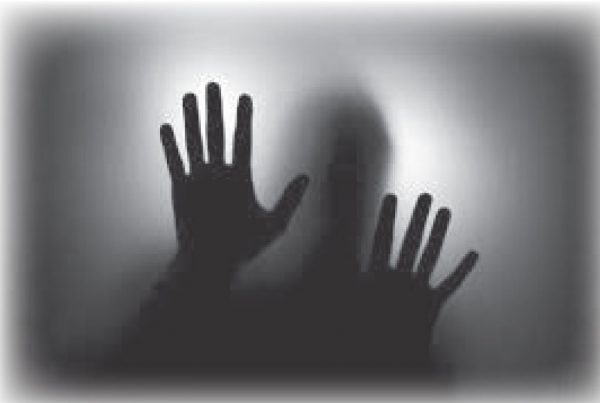
According to the Canadian Psychological Association, 1 in 5 Canadian adults will experience a mood (depression) or anxiety disorder.
Certainly, there are the situations when someone is diagnosed with an Anxiety Disorder that results in significant, constant emotional distress and serious day-to-day effects including inability to work and taking care of themselves properly.
These situations are obvious because the person’s life is impacted upon so severely that they have to get medical/psychological help.
Some common symptoms of anxiety are:
Bodily Symptoms
- allergies
- back pain, stiffness ,tension, soreness
- increase or decrease in body temperature
- burning skin sensations
- chest pain/tightness
- chronic fatigue
- dizziness
- nausea
Psychological Symptoms
- fear of everything including:
- losing control
- dying
- physical illness
- being in enclosed places
- feeling of impending doom
- difficulty concentrating
- feeling of unreality
- nightmares
Mood
- irritability
- depression
- dramatic mood swings
- feeling “down in the dumps”
- crying for no apparent reason
- loss of interest in previously enjoyed activities
- feeling pressured
- sleep disturbance
The above are only some of the symptoms of anxiety. We are all individuals. Therefore, the type, number, intensity and frequency of symptoms will vary from person to person. There are many combinations and all combinations are common have a peek at this web-site.
Some people who experience anxiety do not necessarily show it. They function at a high level and to the rest of the world their symptoms and emotional distress are invisible. They go about their lives with very little interruption, fulfilling their responsibilities and in many ways feel content. What other people don’t see is the internal emotional distress that the person struggles with and tries to manage on a day-to-day basis.
If you are one of these people, you need to know that:
- there is help and support available to you
- you can learn to manage your symptoms of anxiety effectively
- there is a reason for your symptoms and you do not need to be ashamed of who you are
Your responsibility is to love yourself enough to talk about what you are feeling. You can’t manage what you don’t understand! Do not see yourself as abnormal! Give yourself the opportunity to understand and embrace who you are! I think that many of us are afraid to explore our deeper feelings.
We are afraid that others will think less of us or see us as incompetent. Don’t let the fear stop you from meeting with a qualified health care professional. He or she can assess your symptoms, normalize what is happening to you and provide you with treatment options.



